As the coronavirus continues spreading through the world, there’s been a spike in demand for preventative health goods other than masks, such as hand sanitizer, rubbing alcohol, and disease detection agents.
But these are not simple goods to export!
Because they contain controlled substances, it’s critical for businesses looking to export these goods to understand the required documentation and processes involved in successfully getting these to their destinations.
Read on and we’ll help you become experts in successfully exporting sanitizers!
How Are Sanitizers Classified?
According to the regulations of the Emergency Management Department's 2015 Catalog of Hazardous Chemicals, ethanol solutions with a content of more than 24% are dangerous goods, meaning alcohols with a content of more than 24% are dangerous goods!
The following are all dangerous goods, and must be operated in accordance with the International Air Dangerous Goods Regulations and International Maritime Dangerous Goods Regulations:
How to Pack Hand Sanitizers Safely for Shipping?
You’ll need to ensure a couple of different things when packing sanitizers for shipping:
• Before you place the sanitizers inside the carton, place a towel or an absorbent material - in case that a sanitizer bottle leaks during transit, it won’t get out of the carton.
• The bottles of sanitizers must be placed upright (not sideways, not upside down).
• ADD a “this way up” label to let the personnel know the right way to carry it
• You can also place cushioning or other packing material to protect each bottle.
Labelling Requirements:
Because hand sanitizers are classified as Dangerous Goods - when transporting them internationally, you’ll need to follow official regulations set by IATA (for air) or IMO (for ocean).
You’ll need the following labels:
1. “This Way Up” label
2. UN Number Label
a. for hand sanitizers with ethanol: UN1170
b. For hand sanitizer without ethanol but with alcohol: UN1987
Now that you know how to pack them, next stop: How to ship hand sanitizer. First, you’ll need to know what documents are needed for shipping.
What Documents Will I Need?
When shipping from China, ALL OF THE FOLLOWING are needed!
How Can I Ship Hand Sanitizers?
By Air - Probably not
Unfortunately, even with all the documentation, it’s unlikely airlines will accept carrying your shipment.
Because these are classified as dangerous goods, airlines often choose to minimize their risk and reject shipping them.
By Ocean - Yes!
As long as you have all the documentation, and submit them to boat carriers, they would usually accept your shipments. However, they may ask you to split your goods if you are shipping by LCL (Less than Container Load), meaning your shipment isn’t taking up an entire container.
If you’re shipping hand sanitizers by air or ocean - you’ll need to be aware of the UN Number, its hazardous class and its relevant packing group.
Shipping to the US
In the United States, hand sanitizers are purchased over-the-counter (OTC), and are subject to FDA regulation like anti-dandruff shampoos and sunscreens.
Although they are pharmaceuticals, the compliance requirements for most OTC products are relatively simple.
Generally, the FDA will review the active ingredients used in OTC medicines and issue an OTC Monograph. This is equivalent to the active substance standard.
For OTC products, as long as the active ingredients in the OTC product meet the requirements of the OTC Monograph, direct FDA approval is not needed.
Wrapping Up
Here’s what you’ll need to do ship hand sanitizers safely:
1. Safely pack the hand sanitizers upright, with each carton with a “this way up” label and its respective UN Number label.
2. Get the following documents: Dangerous Goods Packing Report, MSDS, and Product Technical Specifications.
3. Shipping hand sanitizers by ocean will be much easier than air, but either way - make sure to get the right documents and follow the regulations for that specific mode of transport (IATA or IMO).
4. If shipping to the USA, get an OTC monograph.
As you can see, shipping hand sanitizers and other alcohol-based cleaners isn’t technically complex, but does require all of the appropriate documentation to be provided.
If you have any questions that this article didn’t answer, feel free to reach out to us at bookings@bookairfreight.com
Logistics nerd and resident marketing guy of Bookairfreight. I love writing content that simplifies old-fashioned industry processes and provides solid, accurate information you can base your decisions on. Outside of logistics, I enjoy nature, hanging out with friends, electronic music and spirituality.
































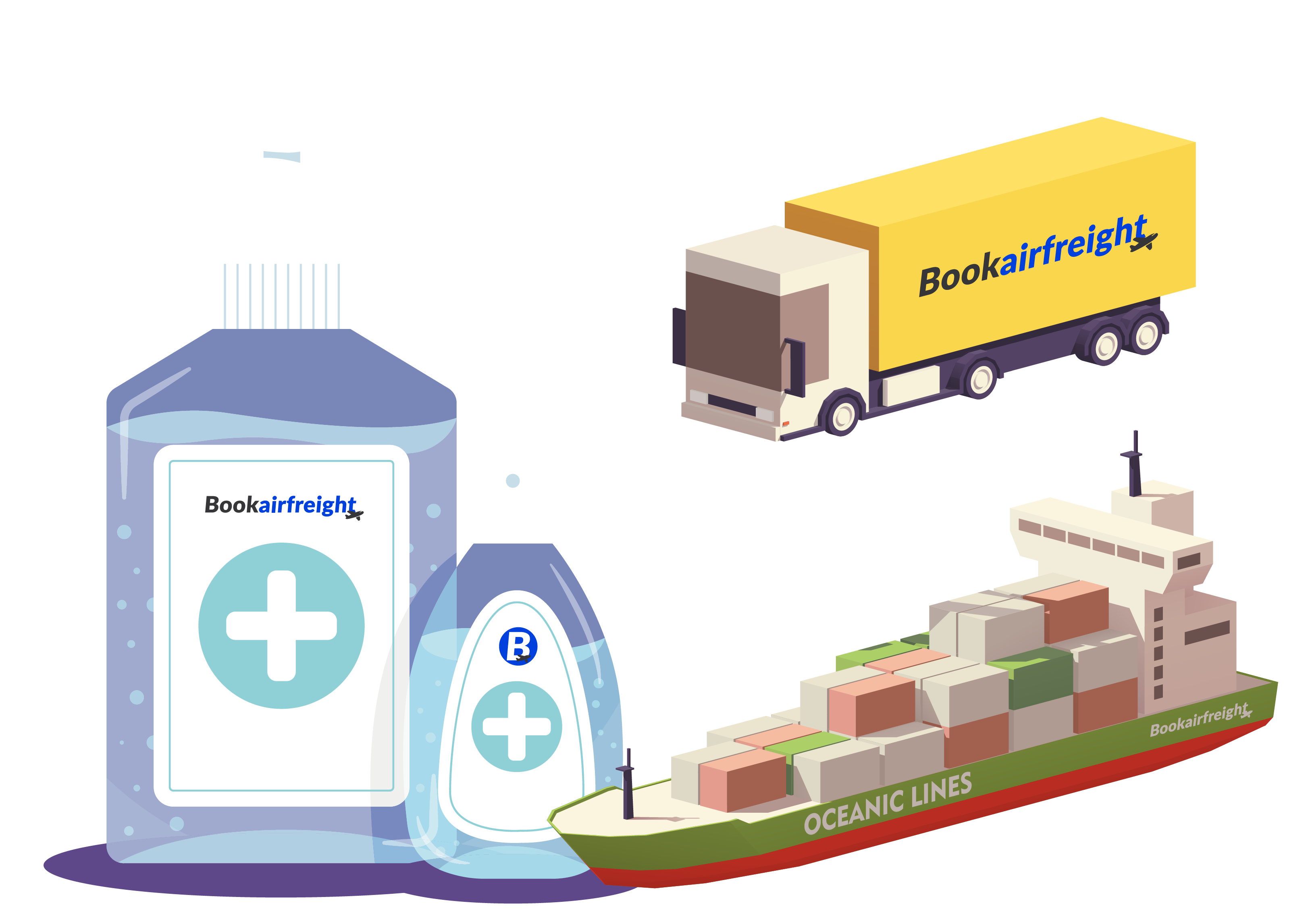








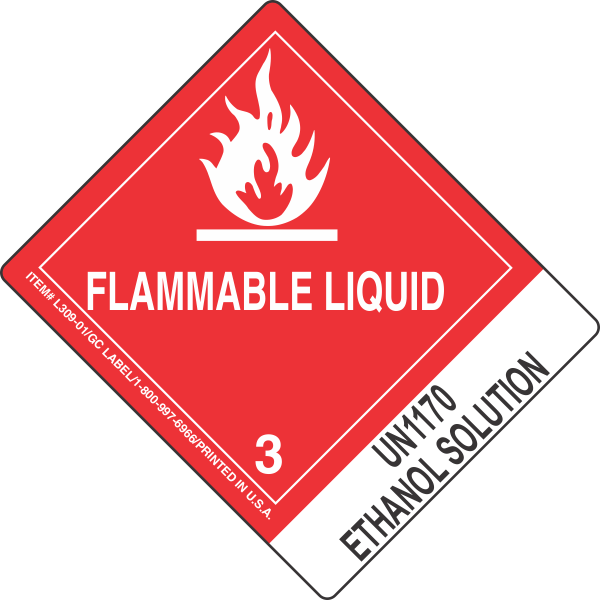
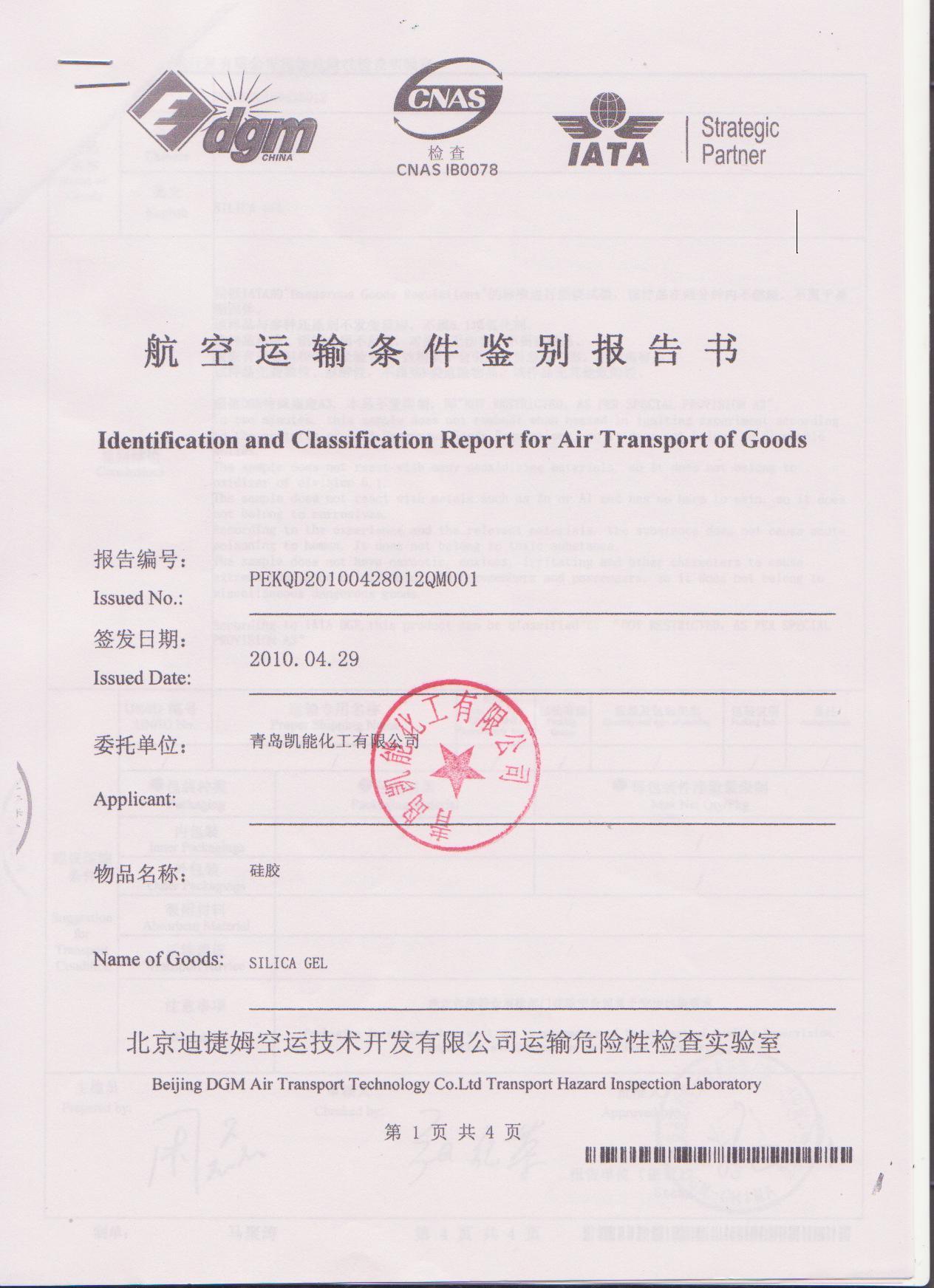
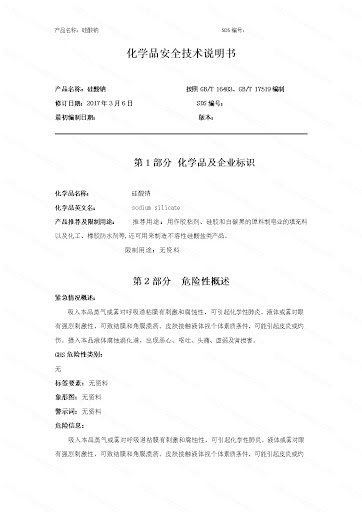
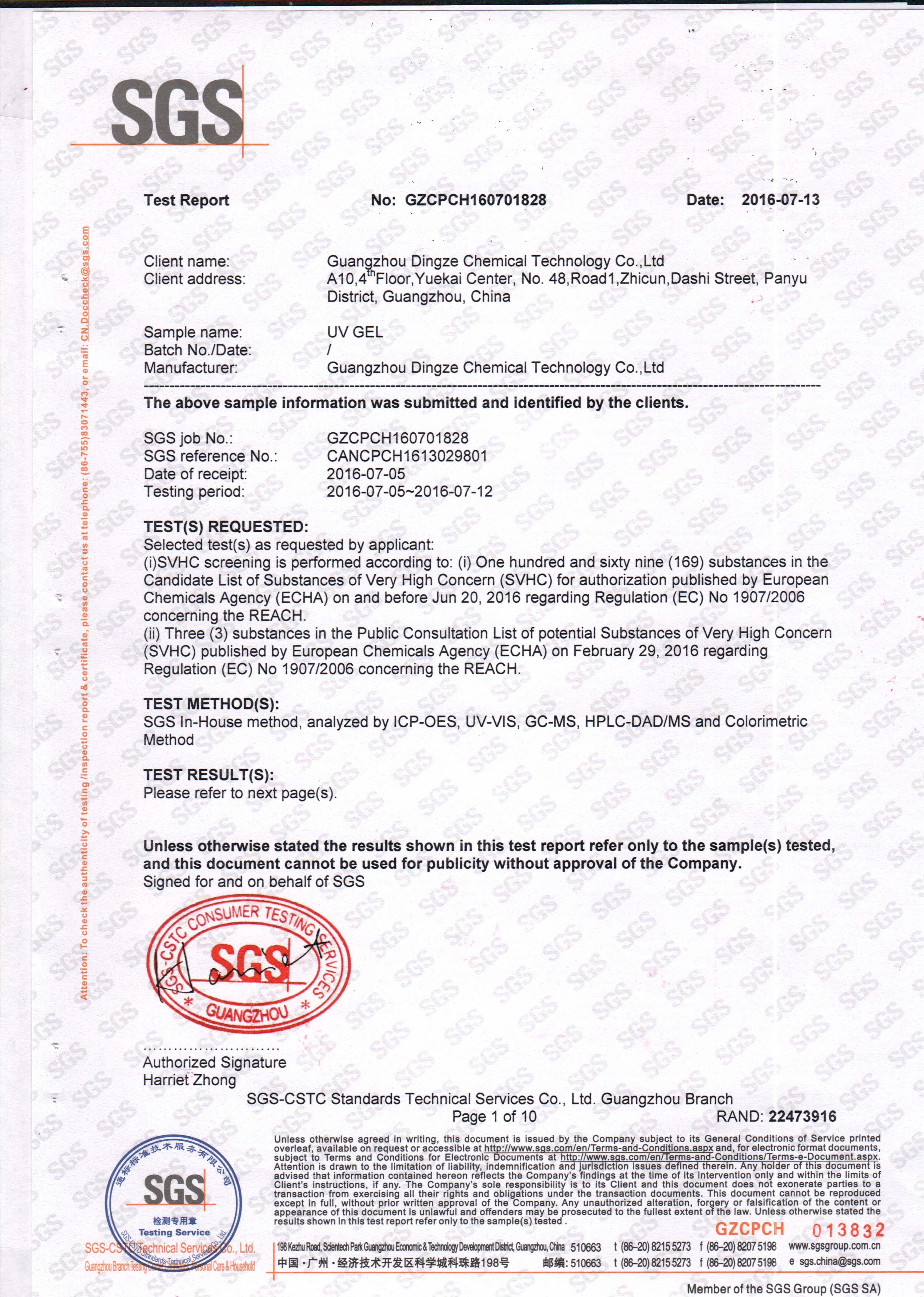
.png)





























